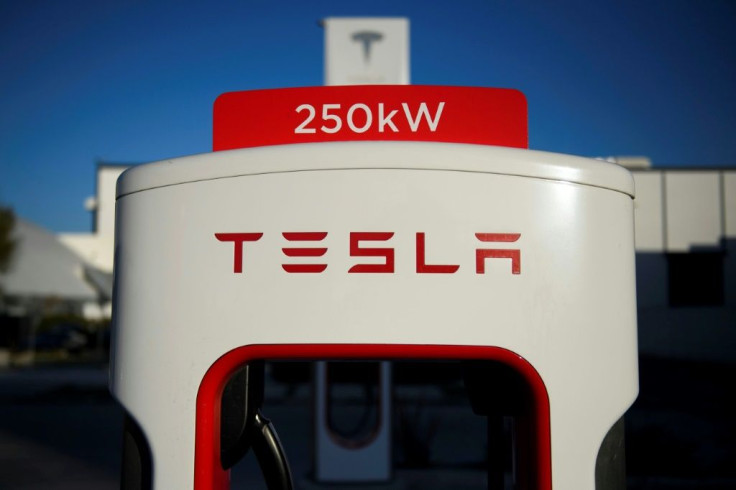Tesla FSD Beta Test Adds 2,000 More Users But Removes Others For Safety Protocol Violations
KEY POINTS
- Tesla enabled the beta version of its self-driving system in October 2020
- Regulators have called for stricter measures against self-driving tests on public roads
- The next major software update will improve AI of Tesla EVs
Tesla is currently testing its full self-driving (FSD) technology. In fact, company CEO Elon Musk announced that an additional 2,000 users had been granted access over the weekend. On the other hand, it has likewise disabled the feature for some people who flagged for unsafe practices.
To date, there have been no accidents reported related to Tesla's in-house autonomous driving technology. Earlier this month, Musk posted on social media that additional rollouts of the functionality in question were dependent on several factors.
“Availability varies by region due to regulatory approval delays and/or Tesla internal development & testing,” read his tweet. “Note: word ‘Beta’ is used to reduce complacency in usage & set expectations appropriately. All software is first tested internally by Tesla simulation & QA drive teams.”
Availability varies by region due to regulatory approval delays and/or Tesla internal development & testing.
— Elon Musk (@elonmusk) March 6, 2021
Note: word “Beta” is used to reduce complacency in usage & set expectations appropriately. All software is first tested internally by Tesla simulation & QA drive teams.
Although the manufacturer expanded support for more of its EVs, it also revoked active FSD beta access of owners who neglected proper safety protocols. According to Musk, those who were flagged “did not pay sufficient attention to the road.”
The exact number of individuals who had their trial terminated was not provided, said CNN. Tesla is preparing for another major update next month, which will add even more improvements. This will allow the EVs to on AI and sensors other than radar.
FSD Beta has now been expanded to ~2000 owners & we’ve also revoked beta where drivers did not pay sufficient attention to the road. No accidents to date.
— Elon Musk (@elonmusk) March 12, 2021
Next significant release will be in April. Going with pure vision — not even using radar. This is the way to real-world AI.
Tesla enabled the beta version of its self-driving system in October 2020, but was criticized by experts in driverless technology who questioned its use of the term “full self-driving.” They claim the electric carmaker cannot call its platform as such given that it still requires human intervention.
For a vehicle to be considered “full self-driving,” its capabilities should technically allow the driver to focus on other matters or even sleep behind the wheel.
Last month, the National Transportation Safety Board (NTSB) asked the National Highway Traffic Safety to review its regulations regarding autonomous driving tests done on public roads.
“Although Tesla includes a disclaimer that 'currently enabled features require active driver supervision and do not make the vehicle autonomous,' NHTSA's hands-off approach to oversight of AV testing poses a potential risk to motorists and other road users,” said NTSB Chairman Robert Sumwalt.
Tesla is not the only marque that has autonomous driving technology in development. Mercedes-Benz has recently partnered with TerraNet to integrate the latter’s VoxelFlow sensor system with the former’s upcoming lineup. Apparently, the goal is to collect data that will eventually make self-driving cars of the future safer.

© Copyright IBTimes 2024. All rights reserved.





















